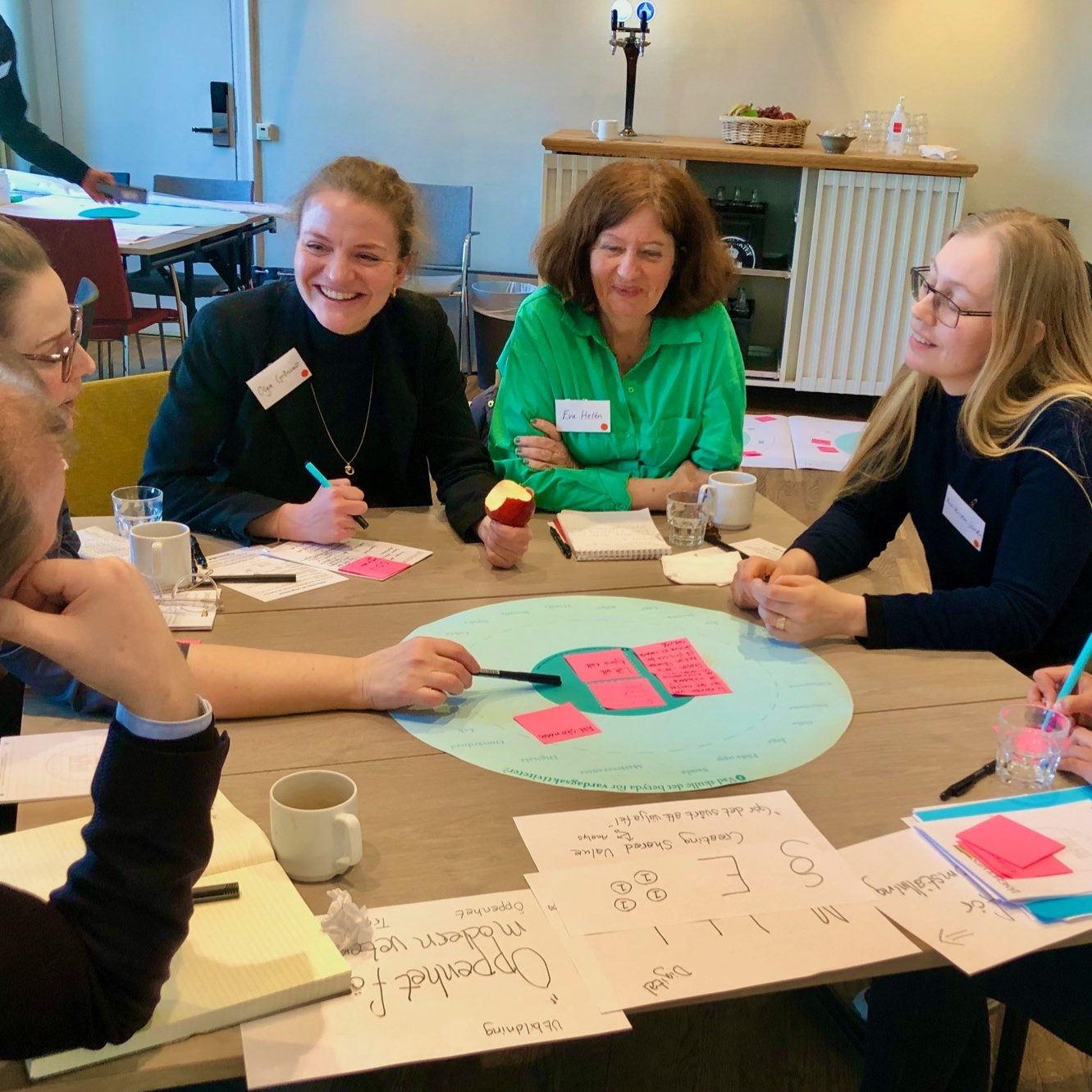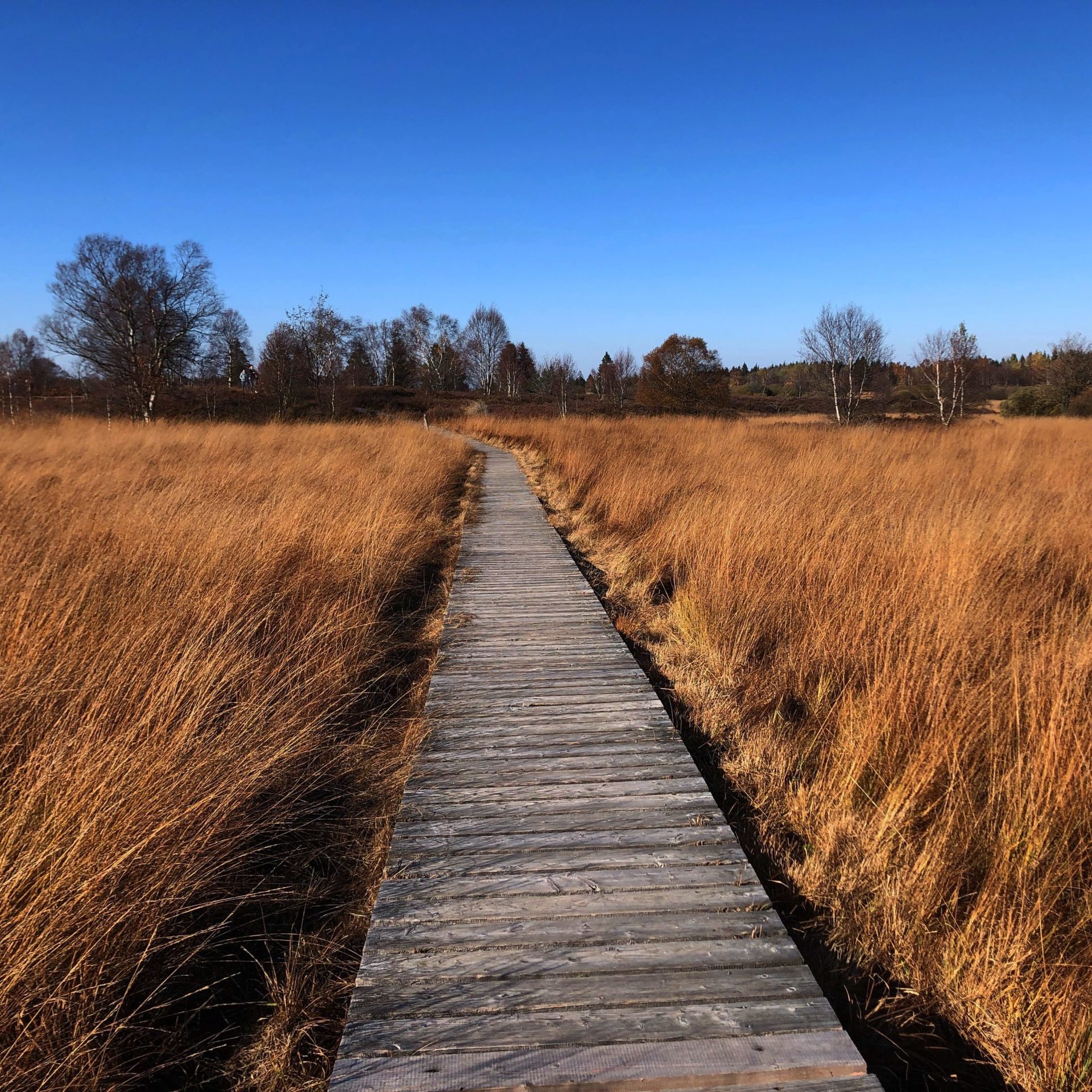Scenario development for transformative pathways
The use of scenario planning for natural capital, ecosystem services and transformation of social-ecological systems is ripe for improvement.
Global issues such as security, migration, urbanization, health, consumption and affluence are changing rapidly. At the same time, we have increasing evidence that living natural capital – Earth’s lands and waters, and the biodiversity they embody – has tremendous, but often unrecognized, value that need to be factored into decision-making to ensure long-term sustainability. Global changes from human actions include profound alterations of natural capital and the services it provides to humanity. We also understand that resilience – the capacity of a system to adapt or transform in the face of uncertainty and change – is essential for sustainability.
A central challenge for stewardship of natural capital and the resilience of social- ecological systems is posed by slowly unfolding dynamics and considerable uncertainty about future pathways. A powerful tool for envisioning what the future might hold is scenarios. Scenarios are plausible stories about how the future of a social-ecological system might unfold from existing patterns, new factors, and alternative human choices. Scenarios have been used in many domains of society to explore, identify and analyze alternative futures in ways that addresses complexities and uncertainties in order to enhance social capacity to consider and shape the future and identify resilient practices and policies. The use of scenario planning for natural capital, ecosystem services and transformation of social- ecological systems is ripe for improvement. For example, by better incorporating models of ecosystem services in the scenario planning process.
This working group will advance and integrate our understanding of the role of scenarios in social-ecological transformations. The core of the working group falls under the “Advancing Fundamental Knowledge of Natural Capital, Resilience and Biosphere Stewardship” programme – a research collaboration between the Stockholm Resilience Centre and Stanford University (and the Natural Capital Project) and funded by the Marianne and Marcus Wallenberg Foundation.
Participatory scenario planning has enriched management and research of social-ecological systems because it creates dialogue between diverse knowledge systems and raising stakeholders’ awareness of drivers of change that require long-term planning. So far, there is little work comparing different cases and approaches to scenario planning in social-ecological systems and there is great opportunity for further cross-case synthesis to build an international community of practice that can share methods, issues and insights. This effort will be of significance to help build a community of scenario practice that is needed to support ongoing international biodiversity and ecosystem service assessments and conventions, such as the IPBES (International Platform for Biodiversity and Ecosystem Services). The working group will formalize lessons learned and bring the cutting edge of academic thinking on this subject into stewardship of natural capital and resilience of social-ecological systems.
Working group coordinator:
Dr. Jan Kuiper (Post-doc researcher) Stockholm Resilience Centre, Stockholm University.




